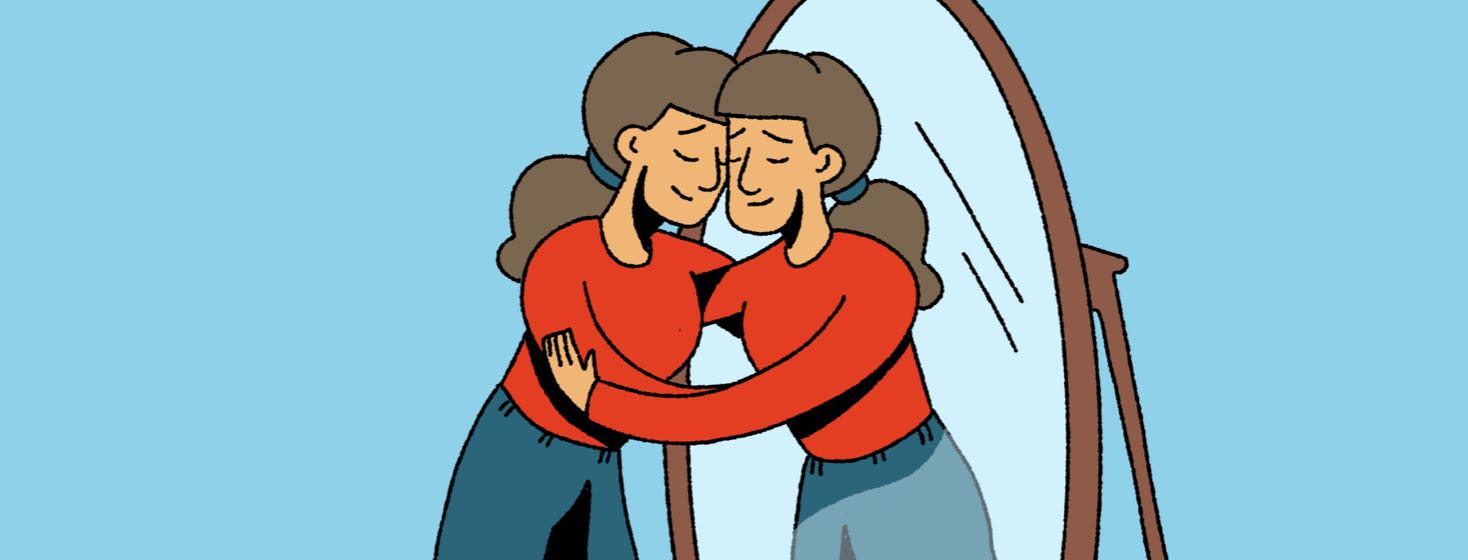The Changing Faces of a Caregiver
Everyone’s life is made of a multitude of emotions, reactions, feelings, and circumstances, but confronting a cancer battle as a caregiver brings a whole new direction to everything. To simplify some of what a caregiver may face (although the role is not something that lends itself to anything simple), I’ve broken down the caregiver's experience into two distinct areas: introduction of cancer, and managing the cancer battle.
Disbelief at a cancer diagnosis
I remember when my husband was first diagnosed with prostate cancer 14 years ago. First, of course, we were both shocked, amazed, surprised. We entered the “This isn’t happening to me or to us” phase. Those who have been there understand that it’s hard to describe the impact of cancer becoming part of your life or part of a loved one’s life.
Shock was followed by grief, sorrow, fear. Grieving for the unplanned and unwelcome changes it would make in our lives, our family, our day-to-day existence. Sad for what we knew the disease could do. Fear of the overwhelming unknown. The abundance of information you can access as you try to conquer the unknown can be staggering. What’s true? What’s not? Is this really good advice for us? What suggestions might be applicable to our situation, our lives? It’s all just overwhelming, staggering, mind-boggling.
Anger and anxiety
Then anger appears, seemingly out of nowhere. Anger at the cancer. Who does it think it is rearing its ugly head into our lives? Anger at the medical community. Why can’t you just fix this? Why aren’t you able to answer all our questions, take away the pain, both physical and mental? There’s anger at God. Why did you let this happen to us?
Next in line is anxiety. What’s next? Why am I not able to stop this or at least manage it better? Lack of sleep just perpetuates the anxiety. A fitful sleep is followed by more worry, and you march through the day consumed with a sense of panic. It’s impossible to concentrate or focus on anything.
Finding ways to move forward
Then we begin to find ways to manage the battle. Certainly, there’s no perfect solution that works all of the time. But we’re ready to begin to move forward, find ways to be better prepared to fight, to do whatever we can and whatever is necessary.
We succumb to acceptance. This doesn’t suggest that cancer is acceptable, but we accept the situation we find ourselves in, we face reality. Acceptance brings us some balance in the crisis and gives us the ability to keep moving forward. Acceptance is a way to look at our new reality without as much despair, anxiety, fear.
We realize we have power. Power to educate ourselves to be better equipped. Power to join in medical decisions. Power to provide physical and emotional support to others. Power to provide body-strengthening nourishment and soul-strengthening prayer. We can encourage, motivate. We have the power to provide a home where comfort and peace can be found. As a caregiver, we have power to make a difference.
Adapting to change
We are adaptable. Some plans need to change. We may need to make new plans. Not much in life has been concrete or guaranteed. The same is true when facing a health challenge. Plans will probably change the day we hear the diagnosis and will continue to be flexible for a while, maybe forever. Not all change is bad; some change can be for the good.
We look at life differently. Family takes on a new priority. We may find out who our friends truly are, those who make themselves available no matter what the need may be, and those who disappear. We take better care of ourselves so we can take better care of others. We are grateful for each day.
We become resourceful. We learn to do things we never imagined we would do, or be able to do: change dressings, clean incisions, administer a variety of medications according to a complex schedule. We become skillful at managing patient care along with other responsibilities, setting appropriate priorities as well as boundaries.
Finding our strengths
Life changes with any cancer diagnosis. It changes the patient, it changes the caregiver, it changes the family. We find our weaknesses, and we find our strengths. Those strengths – our own and the strengths of others who support us – move us forward.

Join the conversation